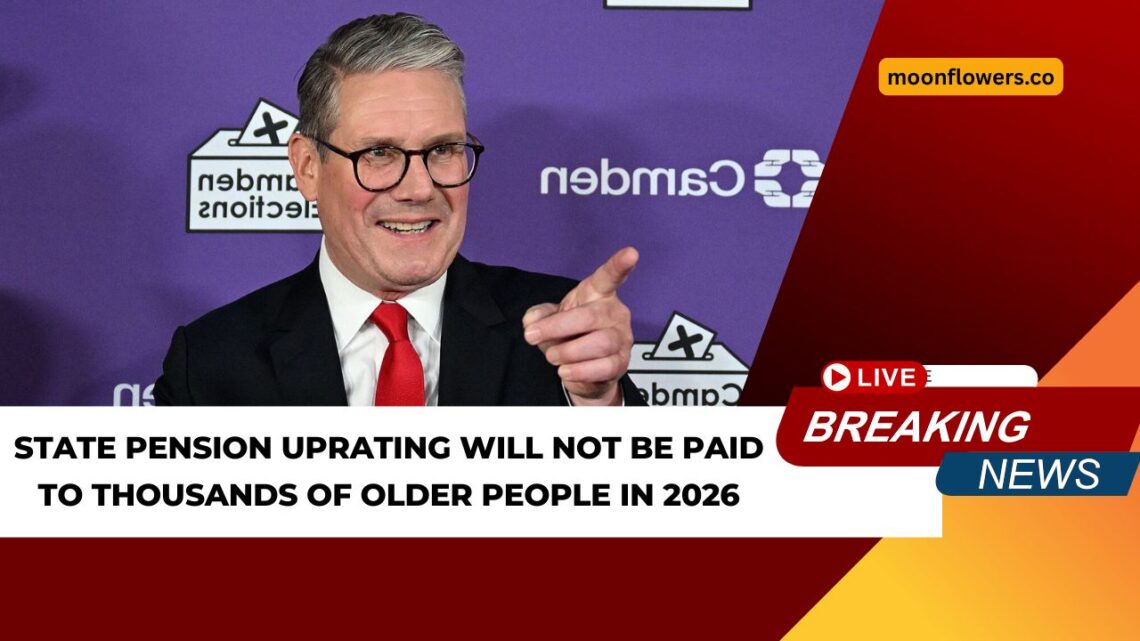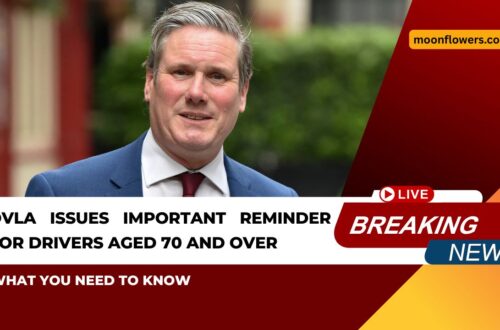Thousands of UK pensioners will miss out on a major State Pension boost next year, despite having contributed National Insurance for decades.
While millions across the UK will see their pensions increase by 4.7% from April 2026, nearly 453,000 overseas pensioners are excluded because of the UK’s frozen pensions policy.
Why Most Pensioners Will See a 4.7% Rise in April 2026
Under the Triple Lock system, the State Pension increases each year by the highest of:
- Average earnings growth (May–July period)
- September CPI inflation rate
- 2.5% minimum guarantee
With earnings growth confirmed at 4.7% and September CPI forecast near 4%, the uprating for April 2026 is expected to be set at 4.7%. This rise will be officially confirmed by Chancellor Rachel Reeves in the Autumn Budget on November 26, 2025.
| Pension Type | Current Weekly (2025/26) | New Weekly (from April 2026) | Annual Amount (from April 2026) |
|---|---|---|---|
| Full New State Pension | £230.25 | £241.05 | £12,534 |
| Full Basic State Pension | £176.45 | £184.75 | £9,607 |
This increase aims to protect retirees from rising living costs—but not everyone will receive it.
The 453,000 Pensioners Left Behind
According to the latest figures, about 453,000 pensioners living abroad will not receive any uprating. These individuals live in countries that do not have a reciprocal social security agreement with the UK, including Canada, Australia, India, and much of Africa and Asia.
Their State Pension is frozen at the rate they first received it, meaning they get no annual increases at all, even if they’ve lived abroad for decades.
- 49% receive £65 or less per week
- Some get as little as £20 per week
- 86% say they were never told their pension would be frozen when they emigrated
In contrast, pensioners living in the EU, USA, or countries with agreements receive annual increases as if they still lived in the UK.
Why the Policy Exists — and Why It’s Controversial
The UK Government argues that uprating pensions in countries without reciprocal agreements would be costly and administratively difficult. However, campaigners from the End Frozen Pensions group argue it is deeply unfair and leaves many elderly expats struggling financially despite having paid full UK National Insurance contributions during their working lives.
The campaign has included:
- An online petition signed by thousands
- Appeals to MPs and Lords
- A Parliament visit by 100-year-old WWII veteran Anne Puckridge
- Calls to Canada’s new prime minister Mark Carney to pressure the UK for reform
Despite these efforts, the government has not announced any plans to change the policy for 2026/27.
Financial Impact on Pensioners Abroad
The difference is stark. Pensioners who stayed in the UK are set to receive:
- £241.05 per week on the new State Pension
- £184.75 per week on the basic State Pension
But those who moved abroad to countries like Canada or Australia may still be stuck at rates from when they retired decades ago, in some cases under £50 per week.
Many affected pensioners say they cannot afford healthcare or basic living costs because their income has not kept pace with inflation for years.
While millions of UK pensioners will celebrate a 4.7% State Pension boost in April 2026, nearly half a million older people living abroad will see no increase at all.
This frozen pensions policy continues to divide opinion—seen by some as a cost-saving measure, but by others as a betrayal of loyal contributors. As living costs rise worldwide, campaigners warn this issue will only grow more urgent, urging the government to end the postcode lottery of pension fairness.
FAQs
How much will the State Pension rise in April 2026?
It is set to rise by 4.7%, taking the full new pension to £12,534 and the basic pension to £9,607 annually.
Who won’t get the 2026 State Pension increase?
Around 453,000 pensioners living abroad in countries without reciprocal agreements will not get the uprating.
Why doesn’t the UK uprate pensions in some countries?
The UK says it would be too expensive and requires reciprocal agreements, but campaigners call it unfair and outdated.









